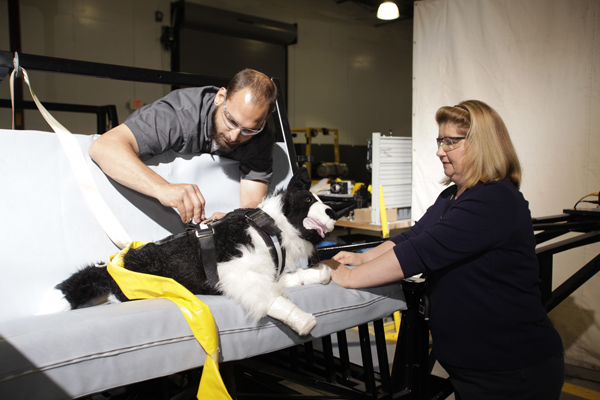
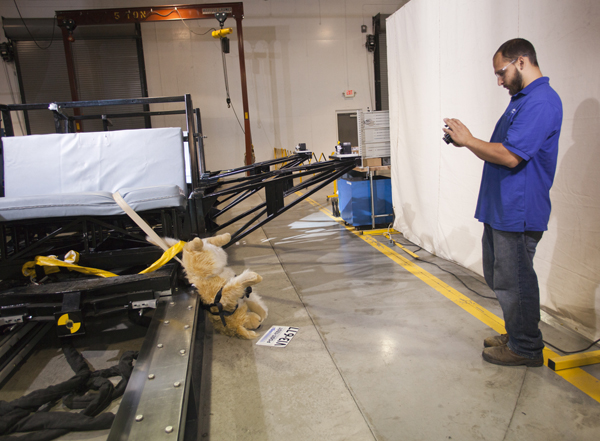
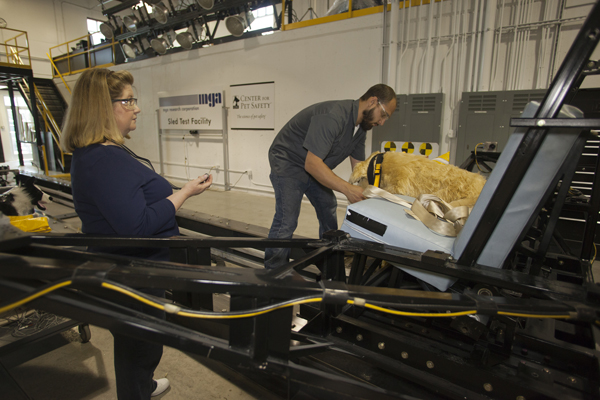
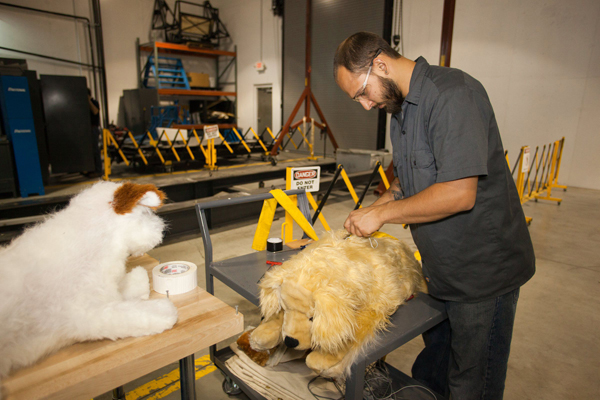
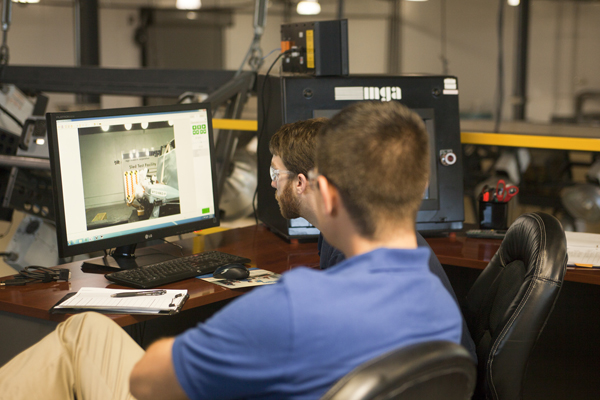
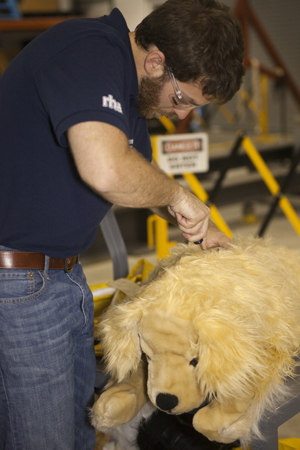
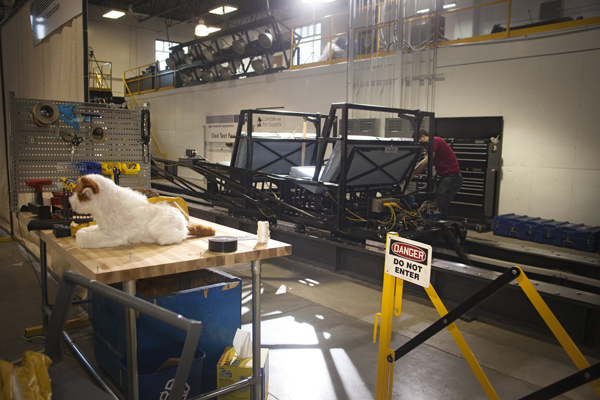
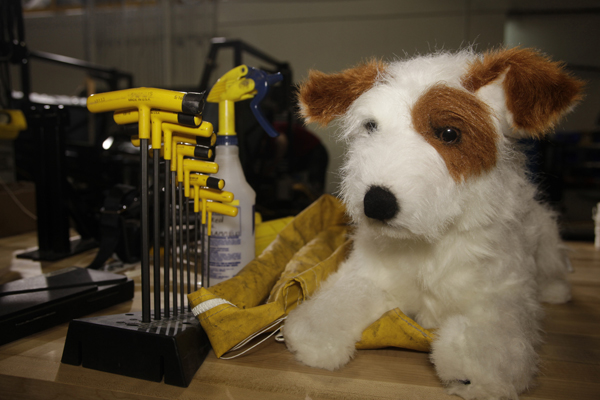
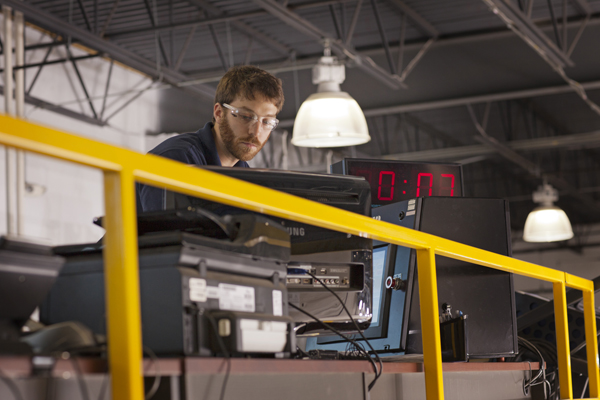
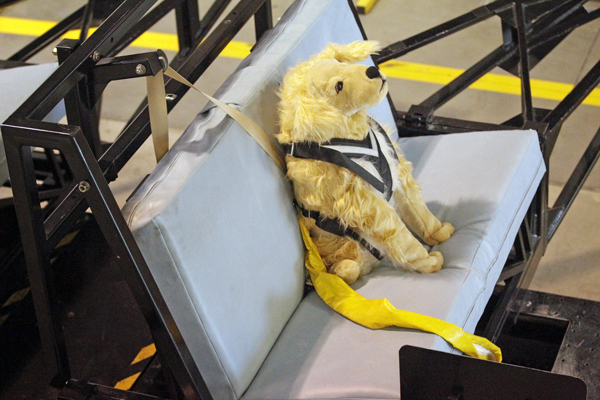
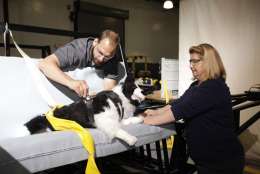
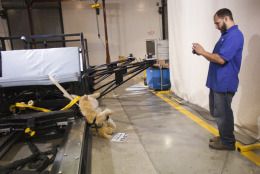
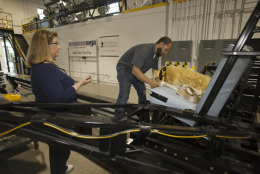
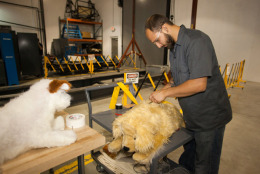
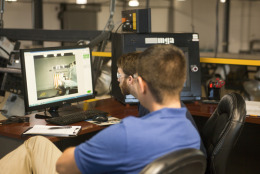
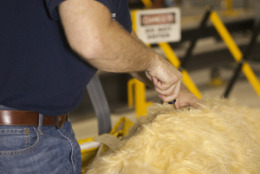
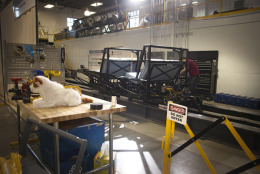
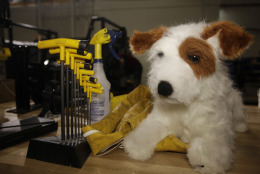
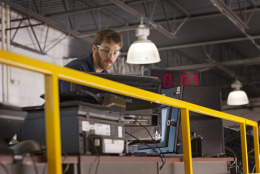
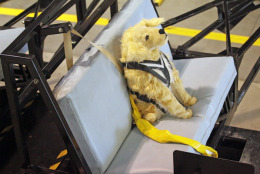
WASHINGTON – Pet owners who put their dogs in harnesses during car trips may feel like they are protecting man’s best friend, but a new study out of a Reston, Va., nonprofit shows many car restraints made for pooches don’t really protect them in the event of an accident.
Car seats meant to keep kids safe have to undergo tough safety testing, but there are no safety standards for doggie car restraints.
“Pet owners are so shocked when we tell them that none of these products have to be tested,” said Lindsey Wolko with the Center for Pet Safety (CPS).
Now, thanks to money from Subaru, the nonprofit has been able to test the claims of several dog harnesses.
Each manufacturer made claims that its product had either been tested, crash tested or offered crash protection.
“We ended up sampling 11 different harness brands for this effort across three different sizes. We did small, medium and large,” said Wolko.
CPS developed three different, lifelike crash test dummy dogs on which to test the restraints: a 25-pound terrier mix, a 45-pound border collie and a 75-pound golden retriever.
The actual testing was done by an independent test facility in Manassas, Va.
Seven harnesses made it to the crash testing stage. Video of some of the crash testing can be watched below and the full study can be read on CPS’ website.
“We had one brand stand out among all others because of the fact that it allowed the test dog to stay on the seat for the entirety of the test for every size,” Wolko said.
That standout performer was the Sleepypod Clickit Utility Harness.
“It is the only three-point connection harness that’s on the market that we’ve been able to locate. [It has a] very innovative design. It actually uses the latch anchors that are used for child safety seats in conjunction with the lap and shoulder belt combination that feeds through the back of the harness, and it really provides tremendous control of the animal,” Wolko said.
Wolko says they hope to test more pet products.
“We’re looking right now for funding partners to help us look at crates, carriers, barriers, other travel components,” she said.
The larger goal of CPS’ work is to propose quality and safety standards for pet products that manufacturers can use as guidelines in the future.
Follow @WTOP and @WTOPliving on Twitter.







